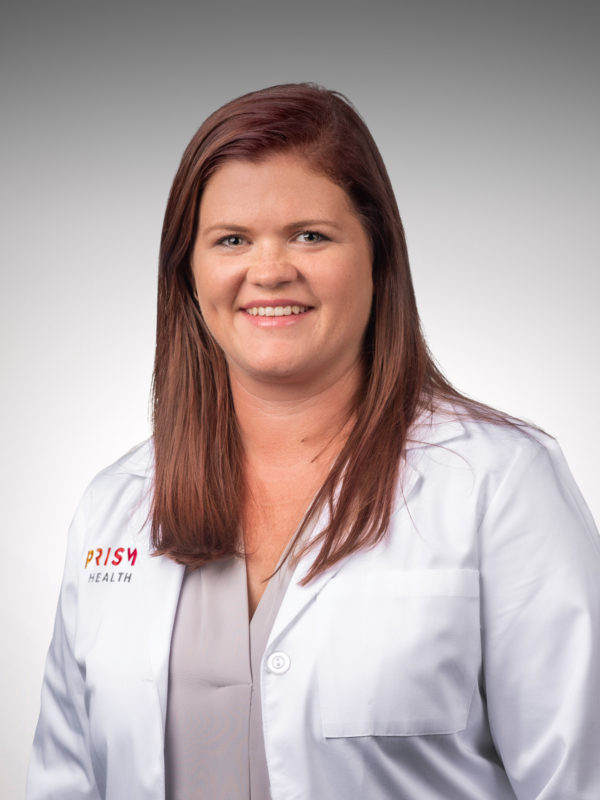How to know if your child might have a learning disorder
Maybe your child acts out in class, refuses to go to school or breaks down in tears each night while struggling with homework. Could these behaviors mean your child might have a learning disorder? Psychiatrist Brittany Peters, MD, explained what signs to look for and how parents can help.
How can parents tell if their child might have a learning disorder?
“It’s hard to know, especially when children are going through development and parents are unsure if they are within the range of what is typical or expected,” Dr. Peters said.
It’s also common for parents to refer to their own experience growing up. If they knew how to do multiplication by a certain age, their child should, too, right?
Not necessarily.
Dr. Peters said it’s better to monitor your child’s ability to navigate across different environments. Some red flags include:
- The child can master some subjects or skills but not others.
- They prefer to interact with younger children.
- The child has difficulties understanding and/or following directions given in the classroom.
How is a learning disorder different from a behavioral disorder?
Learning disorders can include auditory processing difficulties and struggles with math or reading; however, behavioral disorders involve more disruptive behavior unrelated to difficulties processing academic material. This can include anxiety driven behaviors, as well as attention-focused behaviors or oppositional behaviors.
When behaviors start to interfere in major life areas, such as ability to attend school consistently or interact appropriately with peers, over a period of about six months, it’s time to look for the presence of a behavioral disorder.
“Anyone can have a reaction to a circumstance or an event,” Dr. Peters said, “but if this behavior is prevalent across different seasons, then you may have something you need to address.”
How can parents best help a child with a learning disorder or behavioral disorder?
It’s best to first consult your child’s teacher and pediatrician. You may also consult a mental health specialist to do an evaluation and learn whether the problem is a learning disorder, behavioral disorder or a combination of both. Then, follow the treatment plan with help from the pediatrician, educator, mental health specialists and advocacy agencies that are designed to provide support.
“In either case, you don’t want to be negative to your child,” Dr. Peters said. “It’s easy to be frustrated, but that can have a significant impact on a child who’s in development and trying to learn and master a skill. So, you don’t want to induce a sense of shame or embarrassment when you’re frustrated about their ability to navigate through certain tasks or environments.”
It’s also important to work in collaboration with an educational institution or your doctor and not get defensive on behalf of your child or your ability to help manage your child’s problem.
“It’s really important to be self-aware and react on behalf of the child in community with the people who are available to help,” Dr. Peters said.
What is an IEP and how is it different from a 504?
If your child needs some extra support in the classroom, an Individual Education Plan, or IEP, can be used to help them get on track. This is a legal document between you and the school that outlines what support a student needs so they can be successful in the classroom.
An IEP is very different from a 504 plan. An IEP helps a child in kindergarten through 12th grade based on their developmental needs. A 504 plan is set up when a child needs accommodations due to a health condition, such as a hearing disability, diabetes or autism, and is used from kindergarten through college.
If you think your child could benefit from an IEP, talk to your child’s pediatrician.
Get kid-friendly care
Our pediatric experts can help your kids and teens be their healthiest.
Find a Pediatric Doctor

